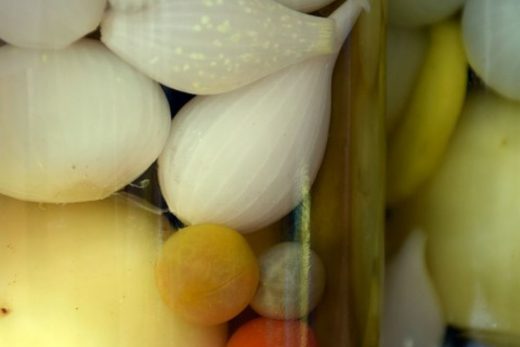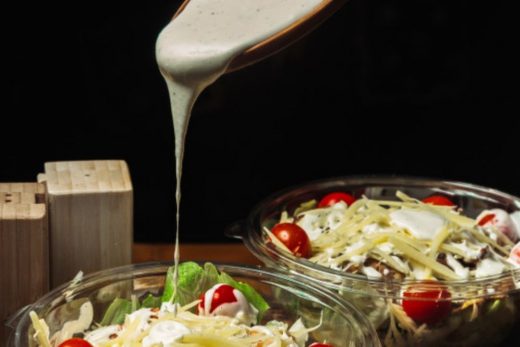Furthermore, making mutura is a specific skill, a skill that is slowly becoming harder to come by. Mutura has to be made by hand, unlike smokies, which can be industrially produced. Moreover, unlike the Farmer’s Choice smokies, mutura doesn’t have preservatives and so can’t be mass-produced. Even posh and/or colonial establishments that are gentrifying the product face this problem, and so, for them, mutura is mostly only served on special occasions, such as weddings.
Listen, eating mutura is death: When you eat it, you sense all the cholesterol, all the high blood pressure, all the heart disease, reaching out and yanking you into your grave. In fact, a report by researchers at the University of Nairobi was blunt in cautioning about the dangers of mutura, saying, among other things, “Our study shows roasted and non-roasted African sausages sold in meat outlets in Nairobi County are contaminated with staphylococcus, bacillus, streptococcus, proteus, and E. coli organisms.” Partaking in the glories of mutura means potentially acquiring a who’s who of bacterial killers.
But the illicitness of mutura is the point, and it adds glory to the entire experience: eating it under cover of darkness; eating it by the side of the road; eating it with your hands, which are, more likely than not, unwashed; and not thinking about where the meat is gotten from, especially since meat in Nairobi is under a lot of scrutiny for having failed numerous health checks; it’s all part of the deal. The first time I discovered mutura as an 11-year-old in Kisumu, I knew instinctively that my parents wouldn’t approve, and so I ate it with delight.





